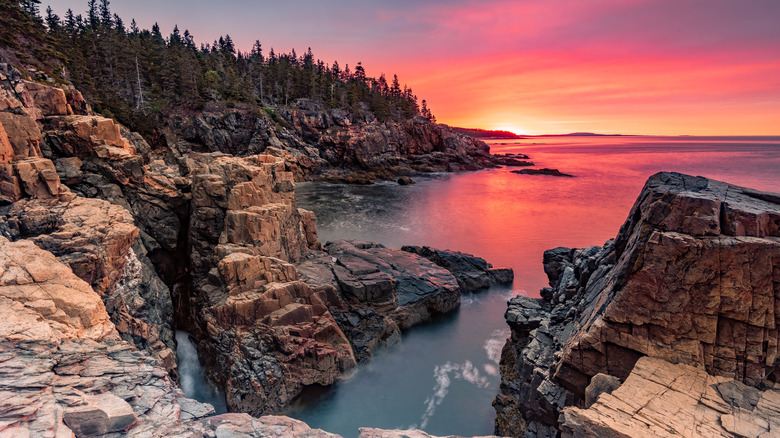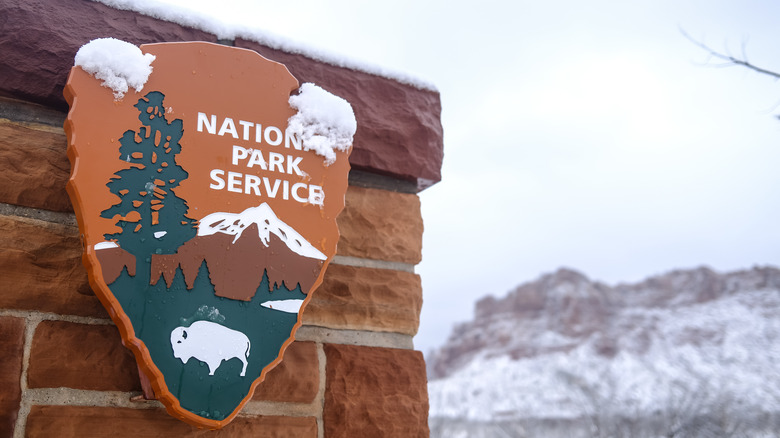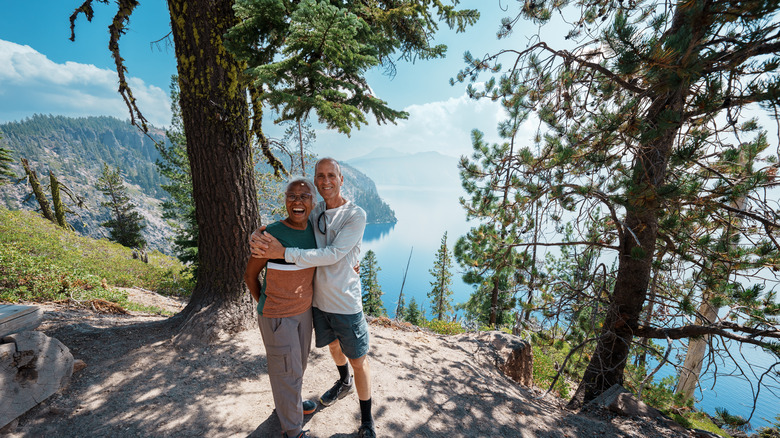America’s national parks are some of the most breathtaking natural wonders in the world, and millions of people visit them every year. But their immense popularity has led to a few problems that need to be addressed. To tackle issues like overcrowding, environmental harm, and safety concerns, famous parks like Yellowstone, Yosemite, and the Grand Canyon have implemented reservation, lottery, and timed entry systems.
These systems are beneficial for both the environment and visitors of parks. They help protect the natural surroundings from harm and improve visitors’ experience. But they can also make it harder to just drop in on a whim. So, to make the most of your visit, it’s crucial to understand how reservations work. Some parks require them for entrance, while others only need them for certain attractions or activities. It’s also important to know when to make reservations, how far in advance, and how to cancel or modify them if necessary. By working with reservation systems, you can still enjoy the natural beauty of parks while helping to preserve them for future generations.
Planning tips for national parks

Several parks, including notable names like Acadia, Glacier, and Shenandoah National Parks, require visitors to book reservations before their arrival. This system acts as a gatekeeper, allowing parks to manage crowds efficiently and guaranteeing that every visitor enjoys a memorable experience without overwhelming the delicate ecosystems.
So, how does one navigate this reservation maze? A good place to start is recreation.gov. Here, eager travelers can explore locations and find out what the requirements are. Entrance prerequisites can vary by attractions and other options. For instance, Zion Mystery Canyon has a seasonal lottery; would-be hikers have to enter for a chance at permits. Arches National Park has a timed entry system, with tickets released in blocks three months in advance.
Planning ahead is key to securing a spot at a campground near the attractions you want to explore in a national park. It is recommended that you book as soon as you can since popular parks fill up quickly. If your desired dates are unavailable, staying flexible can help you find alternative dates or lodging options within the park. Remember that cancellations happen, so regularly checking the park’s website or contacting its reservation helpline can reveal unexpected openings. With a little patience and planning, you can make the most of your national park adventure.
From open trails to reservations in national parks

President Woodrow Wilson founded the National Park Service in 1916, tasked with protecting 35 national parks and monuments managed by the Department of the Interior. Since then, the conservation and preservation agency has grown to over 400 areas covering 84 million acres. The main goal is to preserve the natural beauty, landmarks, and wildlife of these areas for future generations to enjoy and learn from.
Decades ago, visitors could freely enter the parks and find a spot to camp. They came with their camping gear, eager to explore the parks’ beautiful landscapes and trails that promised peacefulness. However, after World War II, there was a surge in visitors due to advances in infrastructure and the automobile revolution. Remote parks previously known only to a few became bustling hubs, attracting millions. This sudden increase in visitors strained the parks’ delicate ecosystems.
Once peaceful trails showed signs of erosion, fragile habitats grappled with disturbances from escalating human footfalls. The foundational infrastructure, such as parking lots, campgrounds, and facilities, was also stressed under this burgeoning demand. Reservations and other entry systems are being introduced as a step towards preserving national parks for future generations.

